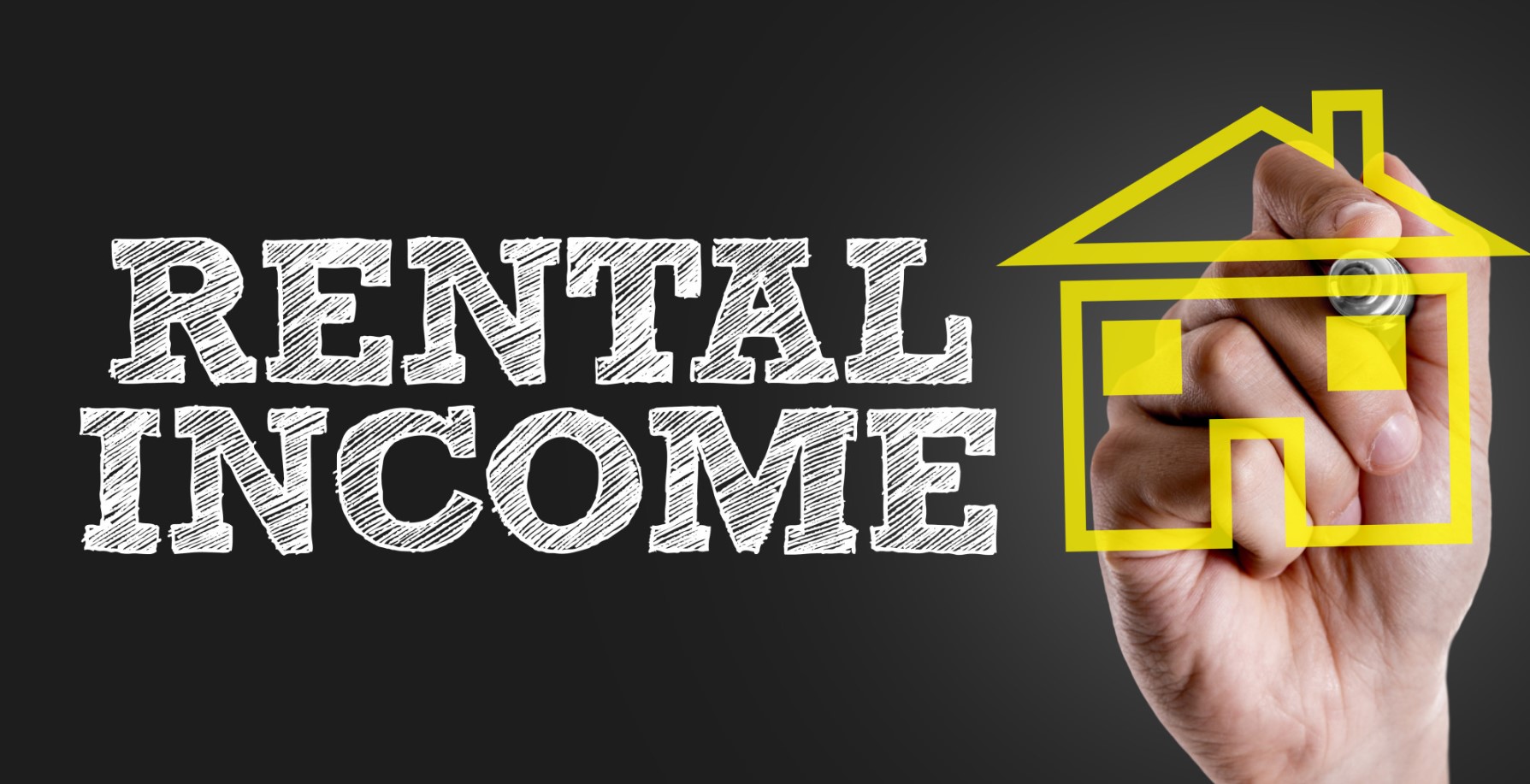So you bought some commercial real estate and you're not sure what to do with it? You're not alone. In fact, independent landlords own over 24 million rental units throughout the US, making it a popular investment.
However, when you buy a rental property, the biggest decisions to make are about what to do with it. If you decided on using it for long-term rentals, that's a smart choice!
There's still one left to make, and that's whether you're looking for active or passive real estate investing. Let's find out which is right for you!
Active Real Estate Investing
Active real estate investing is where you own the commercial property and manage it yourself. If you're the one collecting the rent payments, performing or hiring out maintenance, and filling vacant units, you would be considered an active investor. This comes with some benefits as well as downsides.
Pros
The biggest benefit of being an active investor is having total control over your investment. If you know how to do most of the maintenance and basic repairs yourself, and you have enough free time, this can be a great way to get the most out of your property.
Typically, in order to be successful in active real estate investing, you should have some kind of relevant experience in property management or maintenance.
If you think this is the right path for you because you're handy and can fix a sink and paint a room, that certainly goes a long way. Even so, knowing the business and legal sides of it, as well as the necessary paperwork, is crucial to success in the industry.
Cons
The cons here are simple. You are buying a job.
Property management can be very time-consuming. There is a lot more routine maintenance for property owners than you may think. From mowing the lawn to basic repairs to checking the water pressure, the list goes on. Don't even get me started on when tenants move out.
When you purchase a rental property, especially older buildings, there is a lot to do. Any tenant can damage a faucet, an outlet can stop working randomly, and a thousand other things can go wrong on any given day.
You will be responsible for taking care of these issues immediately. Especially if you want to retain your tenants. They will be expecting you to get repairs done in a timely manner since this is their living space.
It isn't just maintenance, there's also a lot of work that's related to keeping expense reports for tax time, hiring out bigger jobs, filling vacancies, holding security deposits, filing paperwork, and much more.
Passive Real Estate Investing
Alright, so what is passive investing? If you haven't already guessed, the answer is pretty simple. In fact, even simpler than active investing, in many ways. Passive investing means you simply own the building while a property management company takes care of all the regular work. Like active investing, this has its ups and downs as well.
Pros
The biggest benefit of passive investing is simple, it's a great way to generate passive income. This is regular income you receive without even having to think about it. Who in the world doesn't like getting money without doing any work? Exactly.
If you hire an experienced property manager, they'll fill your vacancies in time, get repairs done right away with 24/7 service, they'll collect your rent payments, give you detailed expense reports, and so much more for such a small cost. They also know the proper rates to charge for rent, security deposits, late fees, and plenty more. Their job is to keep up with the market standards as well, so you won't be missing out on any pay increases down the road.
Having an experienced team with the right tools at their disposal also helps with tenant retention, which means more consistent income for you!
Management companies will also have time-tested protocols in place for interviewing and screening potential tenants, advertising the property, and following the local tenant-landlord laws accordingly, avoiding potential legal troubles.
If you don't have a lot of experience with real estate or property management, and you're not handy, these benefits can prove invaluable.
Cons
There are a couple of pretty straightforward cons here. One is that you may not like to relinquish control over your investment, which certainly isn't a downside for everyone. However, if you hire the right team, this is a total non-issue. You can just sit back and relax while the checks come in.
The other is that a property management company will take a small portion of your rental income, but it's often very affordable for the amount of work being taken off your back. They handle everything for just 10-15% of your rent, on average. If you're not sure if you can afford that, make sure you're charging the right price for your rent.
Which Is Better?
While passive real estate investing is undoubtedly better for freeing up your schedule and receiving passive income, some may prefer to take control of their property. It really depends on your wants and needs.
However, if you're unsure about your ability to manage a property on your own, hiring a property manager to start won't hurt. It's still your property. Either way, if you're reading this from outside the city, find out why you should move to Charlotte, and keep up to date on the latest NC real estate news!










